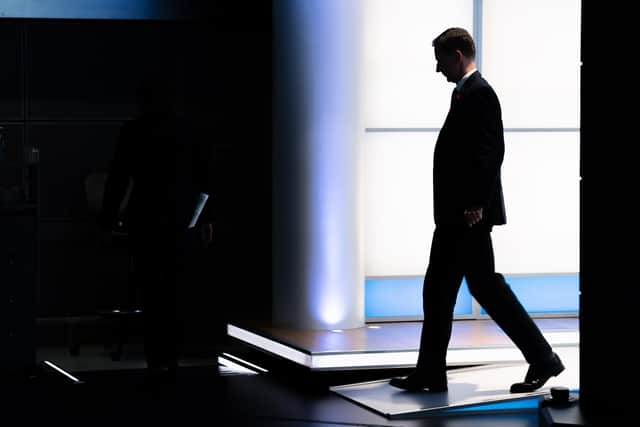Jeremy Hunt's Scrooge act will leave millions fearing energy bill rises: The Yorkshire Post says
Mr Hunt somewhat confusingly claimed in an interview with The Sunday Times that he would be playing the part “to do things that make sure Christmas is never cancelled” – not something that particularly fits with a reading of the infamous character’s actions in Charles Dickens’ classic A Christmas Carol before he realises the error of his ways.
But his overall message to the nation was nevertheless crystal clear – that people should prepare for economic pain through a mixture of tax rises and spending cuts to plug the fiscal black hole.
Advertisement
Hide AdAdvertisement
Hide AdOne of the most obvious areas where it appears the pain will be felt is energy bills.


The current six-month system of support capping average household bills at £2,500 until the end of March appears likely to be considerably watered down, with universal support being replaced to focused on the most vulnerable groups.
While the precise details are being kept under wraps, it means millions of households will be exposed to higher energy bills from April, with analysts predicting the average annual bill could go over £3,000.
Although falling wholesale gas prices mean the situation is not as dire as had been feared earlier this year when there were projections that energy bills in 2023 could surpass £6,000, it nevertheless means even more pressure on stretched household and business budgets is in the offing.
Advertisement
Hide AdAdvertisement
Hide AdThere is a legitimate case for reducing support – as Mr Hunt says, the pressure on the country’s finances means huge universal subsidies for energy bills can’t continue forever. But finding a fair way that prevents millions falling into major financial difficulties will be no easy task even for the country’s new Mr Scrooge.